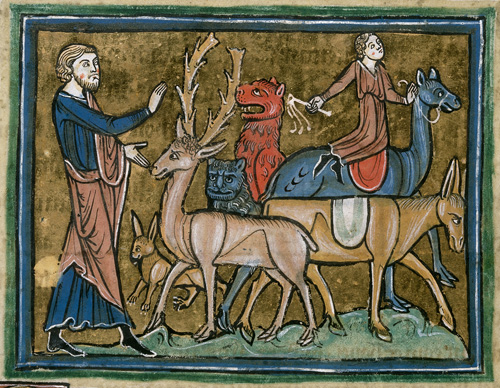Modern philosophy and theology, in the guise of humanism, can be described as an attempt to assert the triumph of the human over the animal. Much recent philosophy and theology, by contrast, argues not only that the lives of human and non-human animals are not so neatly distinguishable but also that the project of modern humanism dangerously self-deceptive. Through a series of inquiries into the nature of animal life, this course highlights the importance of thinking carefully about the relations between humans and animals. By focusing on the lives of animals as a guiding theme, we shall explore a number of questions that are central to recent philosophical and theological enquiry: language and communication; mind, belief, and rational reflection; action and agency; the relation of body and soul; friendship and other forms of social relation; the possibility of distinguishing the wild from the domestic; the question of posthumanist discourse; and an understanding of ethics that thinks richly about vulnerability and dependence, woundedness, suffering and death.
